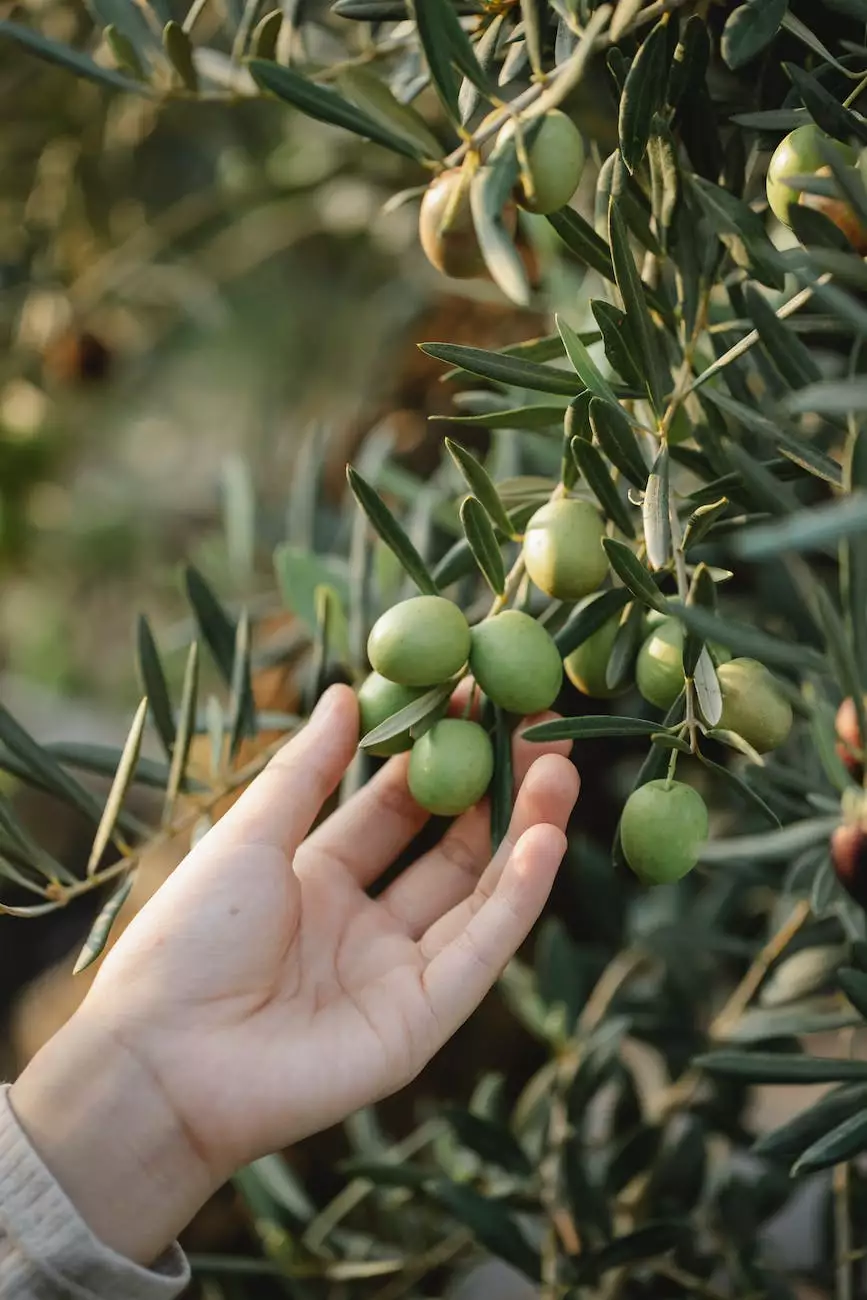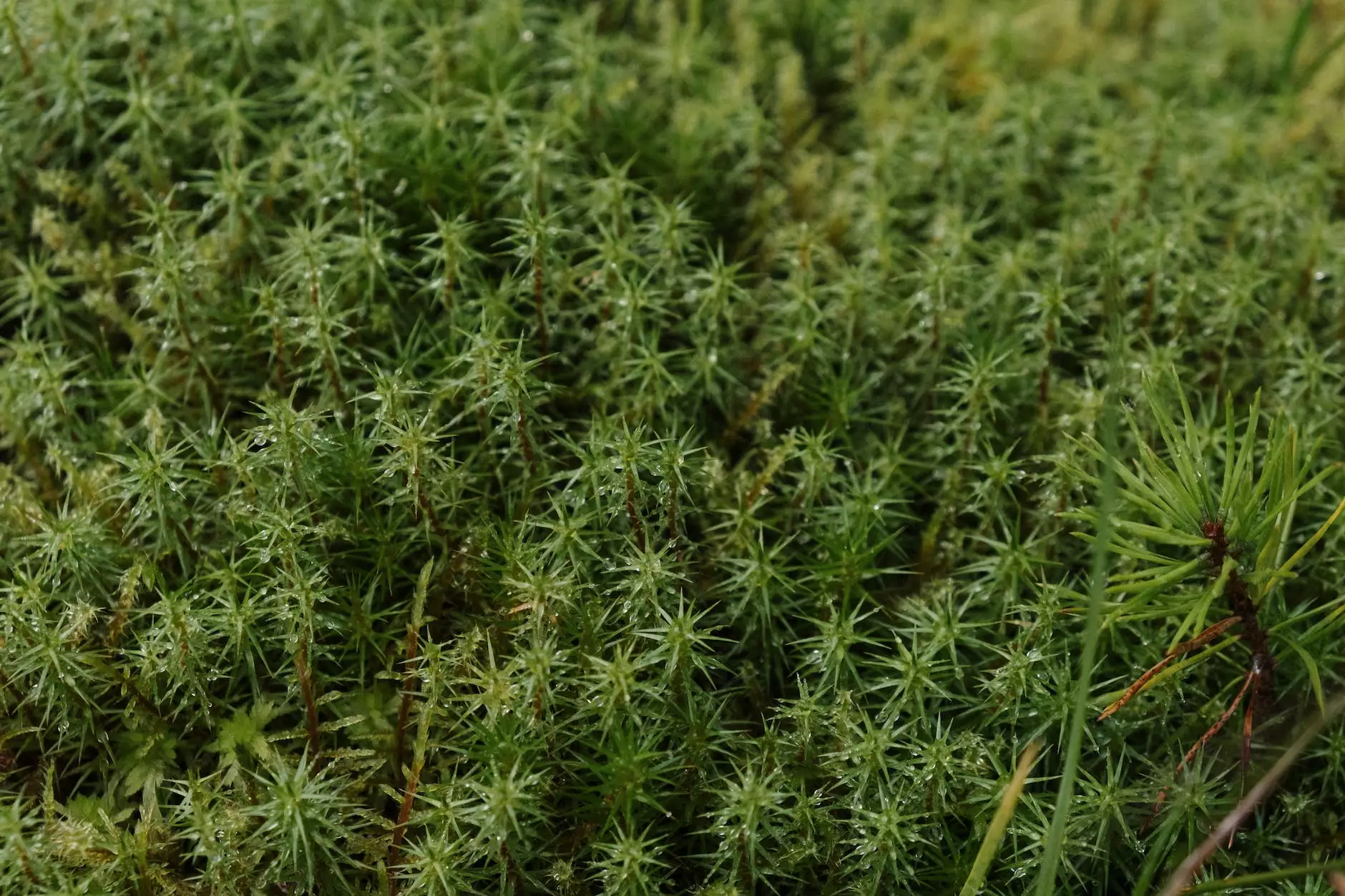Horticulture Science and Careers

Introduction to Horticulture Science
Horticulture science is the study of plants and their cultivation, focusing on the science and art of growing fruits, vegetables, flowers, and ornamental plants. It encompasses various aspects such as plant genetics, breeding, propagation, crop production, and landscape design.
The Importance of Horticulture
Horticulture plays a vital role in our daily lives and has significant contributions to both individuals and the environment. From providing fresh and healthy produce to enhancing the beauty of our surroundings, horticulture has a far-reaching impact on society.
Understanding the Science behind Horticulture
Horticulture science delves into the intricate mechanisms that govern plant growth, development, and overall health. Through the study of plant physiology, soil science, pest management, and biotechnology, horticulturists gain insights into optimizing plant growth and increasing yield.
Careers in Horticulture
As the demand for sustainable agriculture and aesthetically pleasing landscapes continues to rise, the horticulture industry offers a wide range of career opportunities. Whether you have a passion for plant breeding, landscape design, or sustainable farming, here are some exciting career paths within horticulture:
Horticulturist
As a horticulturist, you'll be engaged in the science of plant cultivation and management. This involves conducting research, developing new plant varieties, and providing expertise in areas such as landscaping, arboriculture, or greenhouse production.
Landscape Designer
A landscape designer combines artistry with horticultural knowledge to create visually appealing outdoor spaces. They work with clients to understand their needs and preferences, designing gardens, parks, and public spaces that captivate the eye and provide a harmonious natural environment.
Pest Management Specialist
In this role, you'll focus on monitoring, preventing, and managing pests and diseases that can damage plants. Pest management specialists use environmentally-friendly methods to control pests, ensuring the health and productivity of plants while minimizing the use of chemicals.
Plant Breeder
Plant breeders develop improved plant varieties through selective breeding techniques. By understanding plant genetics and utilizing advanced biotechnology tools, they aim to enhance characteristics such as yield, disease resistance, and nutritional value, contributing to sustainable agriculture and food security.
Greenhouse Manager
A greenhouse manager oversees the cultivation and maintenance of plants in controlled environments. From temperature and humidity regulation to irrigation and fertilization, greenhouse managers ensure optimal conditions for plant growth, enabling year-round production of high-quality crops and ornamentals.
Education and Training
To pursue a career in horticulture, it's essential to acquire relevant education and training. Many universities and educational institutions offer specialized horticulture programs that provide a solid foundation in plant sciences, crop production, pest management, and other related areas. Additionally, hands-on experience through internships and practical training can greatly enhance your skills and employability in the field.
Conclusion
Horticulture science offers a diverse range of opportunities for those passionate about plants and the environment. Whether you aspire to become a horticulturist, a landscape designer, or a plant breeder, the field of horticulture is filled with endless possibilities. Explore the fascinating world of horticulture science, cultivate your skills, and embark on a rewarding career in this dynamic industry.










